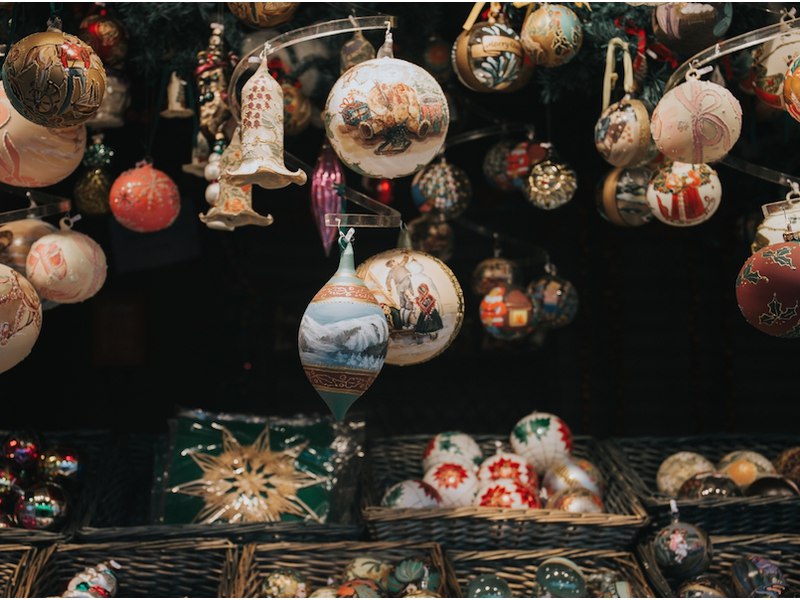
The holiday season elsewhere in Europe!
22 декабря 2017 г.
In the Grand Duchy, the 25th and 26th of December are both legal holidays. For Catholics, the Midnight Mass (Mette) on 24 December and on Christmas Day on 25 December are traditional. In several villages, you can admire Kreppespill, which includes scenes of the Nativity played out by children.
At the table, you'll find typical Luxembourg fare to share as a family, such as potato pancakes, a bread-man called Boxemännercher, mulled wine (Gühwäin) and Egg Nog, a drink made with sweet milk with cream, vanilla and rum.
Even though people in Luxembourg give gifts on Christmas Day, children get presents from Saint Nicolas (Kleeschen) along with Père Fouttard on 6 December.
How are the holidays celebrated in the countries of expatriates living in Luxembourg?
In Germany as well, children get treats on the Feast of Saint Nicolas, including Spekulatius (Spéculoos), which are made and eaten to welcome Saint Nicolas. Before celebrating Christmas, Germans celebrate Saint Barbara on 4 December with little animal-shaped biscuits.
In Belgium, like in other countries in the Grande-Région, children get gifts on 6 December from Saint Nicolas. On Christmas Eve, thousands gather in the main square in Brussels to watch the lighting of the candles at midnight.
In Southern Europe, in the Latin countries, the traditions are different.
In Italy, the festivities last for 3 days, and 26 December is also a legal holiday. The Italians have a tradition of setting up a nativity scene 9 days before the birth of Christ. The tree is put up on 8 December, which is also a holiday in the country.
In northern Italy, it's either Father Christmas, or Babbo Natal or Baby Jesus who brings the gifts on 25 December. In other regions of the country, it's Saint Lucia who brings presents on 13 December. Finally, in southern Italy, the distribution of gifts ends on 19 January, a holy date, when Befana, an old witch with white hair will come by to give out gifts.
Finally, in Portugal, Christmas is celebrated for 3 days, so the 24th is a holiday in the country. Many Portuguese attend the Midnight Mass, called "Missa del galo," which literally means "Mass of the Rooster." According to their beliefs, a rooster announced the birth of Jesus on the morning of 25 December.
Baby Jesus, not Father Christmas, is the one who brings gifts to children Christmas Eve night, called "Consoada." The tradition is to give an orange to each guest. To make the holidays even brighter, the Portuguese light a fire at home using olive or chestnut wood. The embers should be tended until the new year.
In France, unlike in the other European countries above, the 26th of December is not a holiday. The French have a tradition of setting up a Christmas tree in their homes and to count the days until Christmas with a traditional advent calendar.
Other recent articles:2017 Real Estate Report and 2018 Prospects!
The tram arrives in the Luxembourg capital.
Are you a new resident in Luxembourg? Enjoy high speed Internet connection.
Invest money in Luxembourg and pay less taxes!